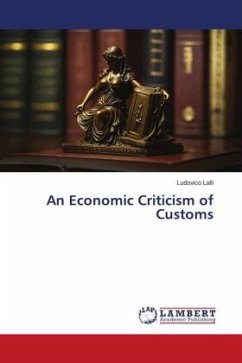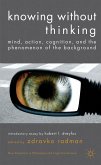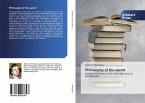The book focuses on the globalization of the Great War. It is based on a close research of journals, newspapers and book-publications written around the Great War that primarily deal with Lithuania, some of which are accessible via the YIVO (Institute for Jewish Research), Encyclopedia of Jews in Eastern Europe whose visual archive-material is in itself an adventurous experience. The book evidences the global implications of the Great War that are due e. g. to forced and voluntary migrations that involved cultural encounters, confrontations and challenges - especially on the battlefields that resembled multi-cultural locations. The Other, signifying a collective excluded from the social whole was perceived in those days in the Eastern Jew which meant an embarrassment to the Western Jews (Albanis: 30); it also served the function of constructing self-identity which is constituted by the ability to sus¬tain a 'narrative about the self '. Western Jews were involved in conflicts, torn between 'Occidental' and 'Oriental' cultural values. The book also demonstrates that this historical phase of Jewish history, as it deeply involves the problem of secularization.
Bitte wählen Sie Ihr Anliegen aus.
Rechnungen
Retourenschein anfordern
Bestellstatus
Storno








